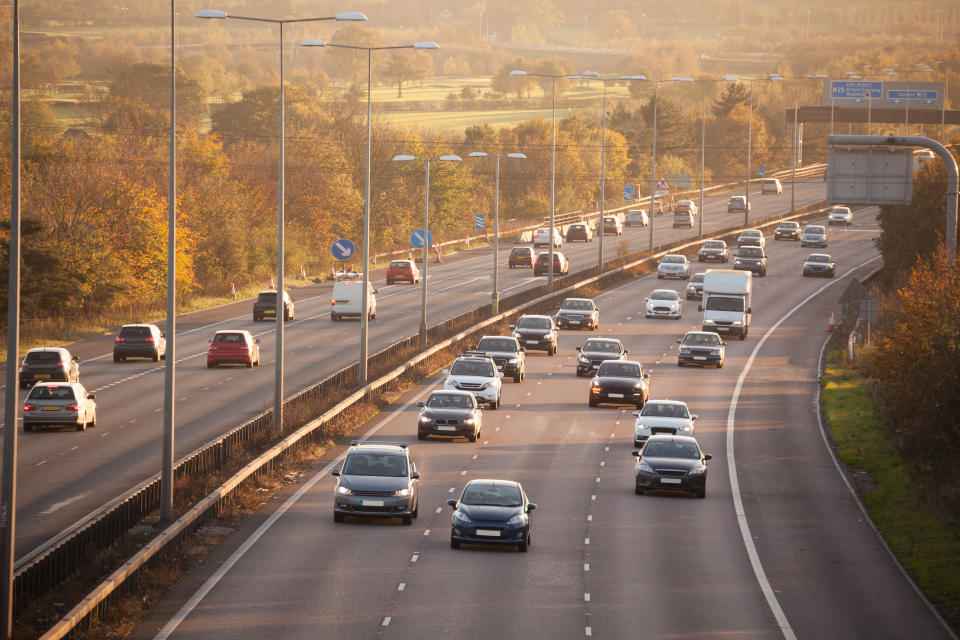UK plans to ban new petrol and diesel vehicles by 2030

British prime minister Boris Johnson has said he wants to bring forward the ban on sales of new petrol and diesel cars and vans in the UK to 2030, from the current planned date of 2040.
This new target is part of his overall plan to migrate the country to more climate-friendly energy and transportation.
Should the fossil-fuel vehicle ban be implemented in 2030, that would make the UK second only to Norway, which will enforce its ban in 2025.
However, Norway is streets ahead of the UK when it comes to a zero-emission mobility — thanks to years of big subsidies on electric vehicles. It is has the highest percentage of electric cars on its roads of any country in the world — in the UK pure-electric cars account for under 1% of all cars. In September, two-thirds of new cars sold in Norway were electric, and 89% if you include plug-in hybrids.
The Society of Motor Manufacturers and Traders said last month that if Britain leaves the EU without a free-trade deal, it would kill the country’s move to e-mobility, as the World Trade Organisation tariffs would effectively negate the UK’s plug-in car grants.
Watch: Britain to ban new petrol and diesel cars from 2040
READ MORE: No-deal tariffs will cancel UK's electric-car grants, SMMT warns
In a statement today about the government’s new goal, SMMT chief executive Mike Hawes welcomed the news, but noted that “this new deadline, fast-tracked by a decade, sets an immense challenge.”
"Investment in EV manufacturing capability is equally welcome as we want this transition to be ‘made in the UK’, but if we are to remain competitive – as an industry and a market – this is just the start of what’s needed,” Hawes added.
“Success will depend on reassuring consumers that they can afford these new technologies, that they will deliver their mobility needs and, critically, that they can recharge as easily as they refuel,” he said.
Edmund King, president of the Automobile Association, told Sky News that one issue with the government’s plan is the lack of national charging infrastructure.
“You can't just pick a date out of the air. We need better infrastructure particularly for the third of people who can't charge at home,” King told Sky News. "We also need a better supply of cars and they need to be affordable."
The UK government goal to ban petrol and diesel vehicles is part of a larger £12bn ($16bn) plan (to be funded by taxpayer money and private sector investment) that would also see a £1.3bn investment in e-car charging stations, and £582m in grants to make electric cars cheaper for consumers.
Increasing offshore wind power to the point where it can power every home in the UK, as well as building new, mostly smaller nuclear reactors, and investing in battery production are also points in the government’s plan.
WATCH: Would UK be ready for 2030 new petrol car ban?

